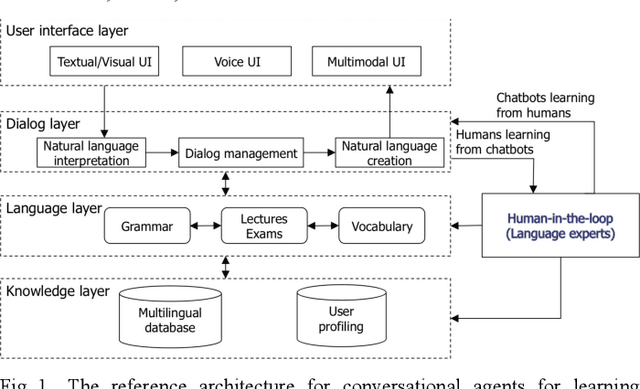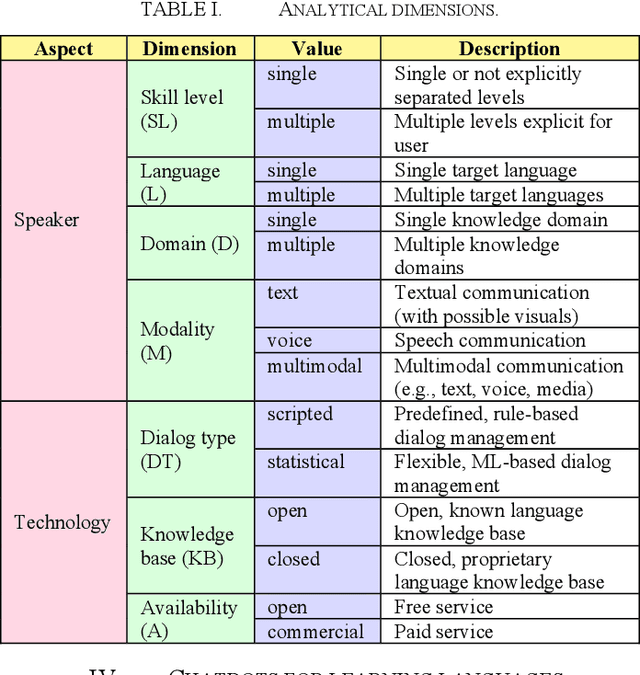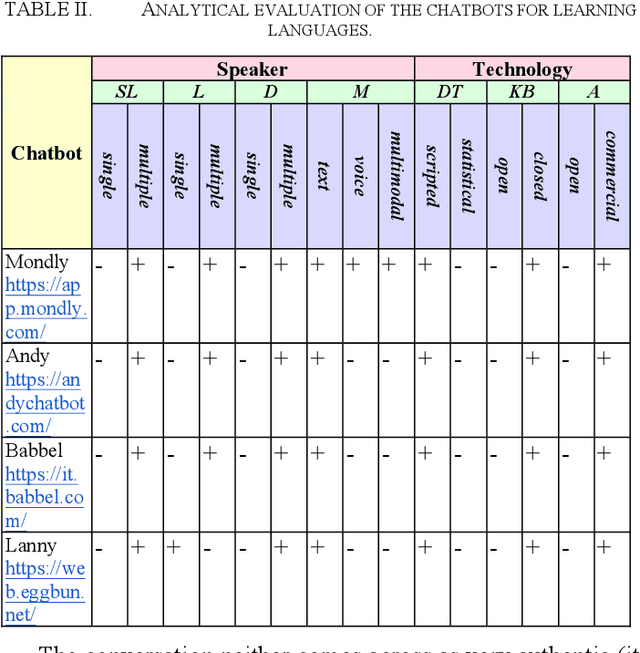Mladjan Jovanovic
50 questions on Active Assisted Living technologies. Global edition
Oct 22, 2024Abstract:This booklet on Active Assisted Living (AAL) technologies has been created as part of the GoodBrother COST Action, which has run from 2020 to 2024. COST Actions are European research programs that promote collaboration across borders, uniting researchers, professionals, and institutions to address key societal challenges. GoodBrother focused on ethical and privacy concerns surrounding video and audio monitoring in care settings. The aim was to ensure that while AAL technologies help older adults and vulnerable individuals, their privacy and data protection rights remain a top priority. This booklet is designed to guide you through the role that AAL technologies play in improving the quality of life for older adults, caregivers, and people with disabilities. AAL technologies offer tools for those facing cognitive or physical challenges. They can enhance independence, assist with daily routines, and promote a safer living environment. However, the rise of these technologies also brings important questions about data protection and user autonomy. This resource is intended for a wide audience, including end users, caregivers, healthcare professionals, and policymakers. It provides practical guidance on integrating AAL technologies into care settings while safeguarding privacy and ensuring ethical use. The insights offered here aim to empower users and caregivers to make informed choices that enhance both the quality of care and respect for personal autonomy.
Towards Incremental Learning in Large Language Models: A Critical Review
May 05, 2024Abstract:Incremental learning is the ability of systems to acquire knowledge over time, enabling their adaptation and generalization to novel tasks. It is a critical ability for intelligent, real-world systems, especially when data changes frequently or is limited. This review provides a comprehensive analysis of incremental learning in Large Language Models. It synthesizes the state-of-the-art incremental learning paradigms, including continual learning, meta-learning, parameter-efficient learning, and mixture-of-experts learning. We demonstrate their utility for incremental learning by describing specific achievements from these related topics and their critical factors. An important finding is that many of these approaches do not update the core model, and none of them update incrementally in real-time. The paper highlights current problems and challenges for future research in the field. By consolidating the latest relevant research developments, this review offers a comprehensive understanding of incremental learning and its implications for designing and developing LLM-based learning systems.
Towards Real-time Learning in Large Language Models: A Critical Review
May 02, 2024Abstract:Real-time learning concerns the ability of learning systems to acquire knowledge over time, enabling their adaptation and generalization to novel tasks. It is a critical ability for intelligent, real-world systems, especially when data may be insufficient or difficult to obtain. This review provides a comprehensive analysis of real-time learning in Large Language Models. It synthesizes the state-of-the-art real-time learning paradigms, including continual learning, meta-learning, parameter-efficient learning, and mixture-of-experts learning. We demonstrate their utility for real-time learning by describing specific achievements from these related topics and their critical factors. Finally, the paper highlights current problems and challenges for future research in the field. By consolidating the latest relevant research developments, this review offers a comprehensive understanding of real-time learning and its implications for designing and developing LLM-based learning systems addressing real-world problems.
Concepts is All You Need: A More Direct Path to AGI
Sep 04, 2023Abstract:Little demonstrable progress has been made toward AGI (Artificial General Intelligence) since the term was coined some 20 years ago. In spite of the fantastic breakthroughs in Statistical AI such as AlphaZero, ChatGPT, and Stable Diffusion none of these projects have, or claim to have, a clear path to AGI. In order to expedite the development of AGI it is crucial to understand and identify the core requirements of human-like intelligence as it pertains to AGI. From that one can distill which particular development steps are necessary to achieve AGI, and which are a distraction. Such analysis highlights the need for a Cognitive AI approach rather than the currently favored statistical and generative efforts. More specifically it identifies the central role of concepts in human-like cognition. Here we outline an architecture and development plan, together with some preliminary results, that offers a much more direct path to full Human-Level AI (HLAI)/ AGI.
Why We Don't Have AGI Yet
Aug 30, 2023Abstract:The original vision of AI was re-articulated in 2002 via the term 'Artificial General Intelligence' or AGI. This vision is to build 'Thinking Machines' - computer systems that can learn, reason, and solve problems similar to the way humans do. This is in stark contrast to the 'Narrow AI' approach practiced by almost everyone in the field over the many decades. While several large-scale efforts have nominally been working on AGI (most notably DeepMind), the field of pure focused AGI development has not been well funded or promoted. This is surprising given the fantastic value that true AGI can bestow on humanity. In addition to the dearth of effort in this field, there are also several theoretical and methodical missteps that are hampering progress. We highlight why purely statistical approaches are unlikely to lead to AGI, and identify several crucial cognitive abilities required to achieve human-like adaptability and autonomous learning. We conclude with a survey of socio-technical factors that have undoubtedly slowed progress towards AGI.
State of the Art of Audio- and Video-Based Solutions for AAL
Jul 05, 2022Abstract:The report illustrates the state of the art of the most successful AAL applications and functions based on audio and video data, namely (i) lifelogging and self-monitoring, (ii) remote monitoring of vital signs, (iii) emotional state recognition, (iv) food intake monitoring, activity and behaviour recognition, (v) activity and personal assistance, (vi) gesture recognition, (vii) fall detection and prevention, (viii) mobility assessment and frailty recognition, and (ix) cognitive and motor rehabilitation. For these application scenarios, the report illustrates the state of play in terms of scientific advances, available products and research project. The open challenges are also highlighted.
Intelligent interactive technologies for mental health and well-being
May 11, 2021Abstract:Mental healthcare has seen numerous benefits from interactive technologies and artificial intelligence. Various interventions have successfully used intelligent technologies to automate the assessment and evaluation of psychological treatments and mental well-being and functioning. These technologies include different types of robots, video games, and conversational agents. The paper critically analyzes existing solutions with the outlooks for their future. In particular, we: i)give an overview of the technology for mental health, ii) critically analyze the technology against the proposed criteria, and iii) provide the design outlooks for these technologies.
Conversational agents for learning foreign languages -- a survey
Nov 16, 2020


Abstract:Conversational practice, while crucial for all language learners, can be challenging to get enough of and very expensive. Chatbots are computer programs developed to engage in conversations with humans. They are designed as software avatars with limited, but growing conversational capability. The most natural and potentially powerful application of chatbots is in line with their fundamental nature - language practice. However, their role and outcomes within (in)formal language learning are currently tangential at best. Existing research in the area has generally focused on chatbots' comprehensibility and the motivation they inspire in their users. In this paper, we provide an overview of the chatbots for learning languages, critically analyze existing approaches, and discuss the major challenges for future work.
 Add to Chrome
Add to Chrome Add to Firefox
Add to Firefox Add to Edge
Add to Edge